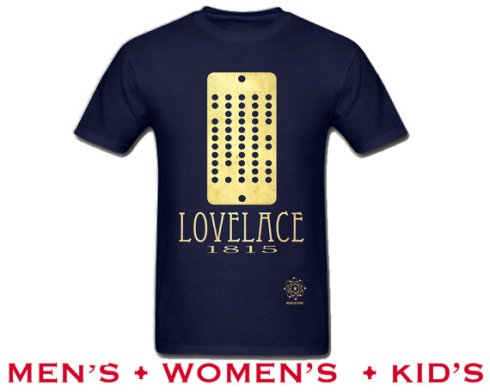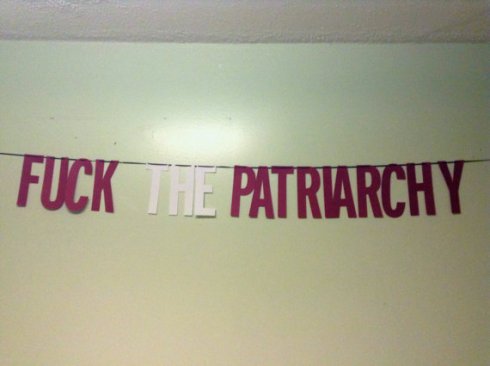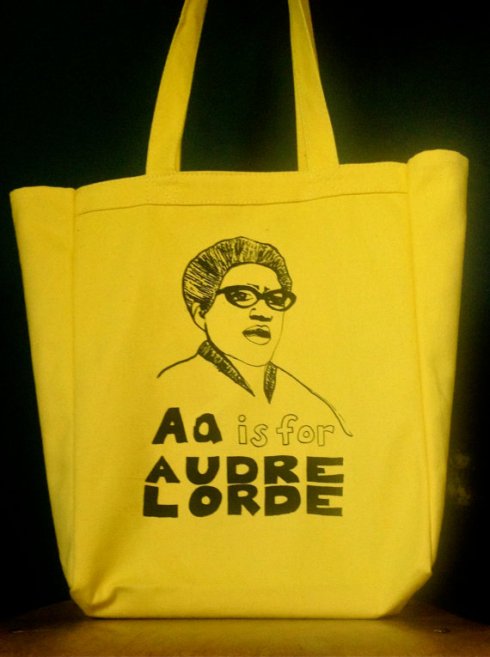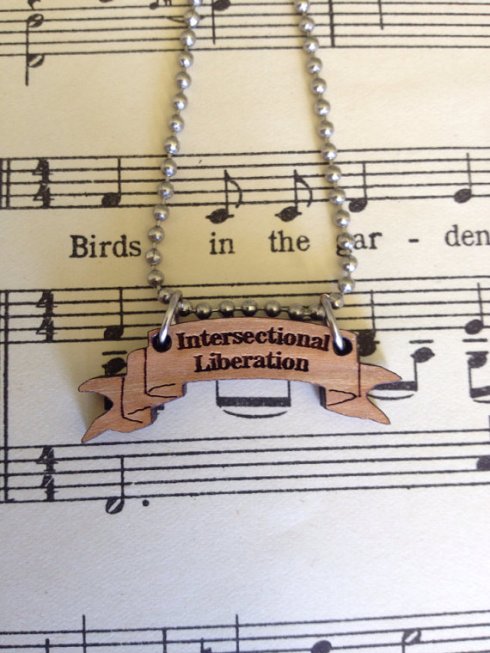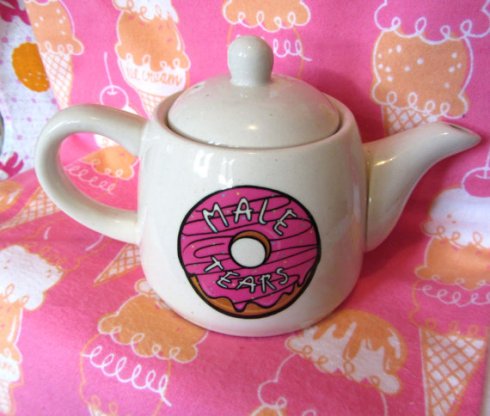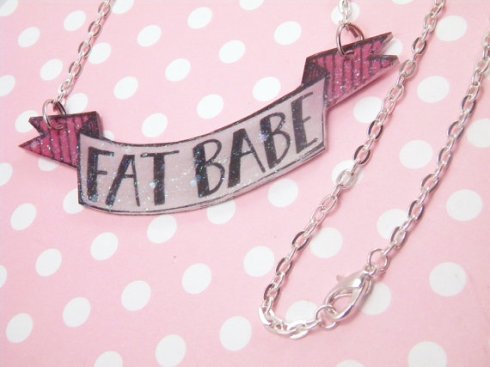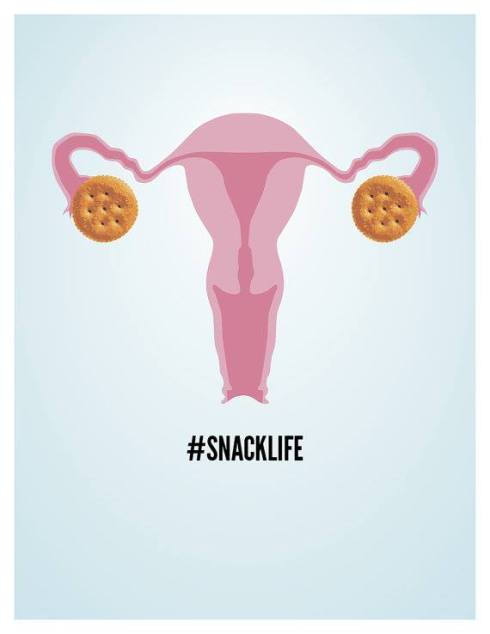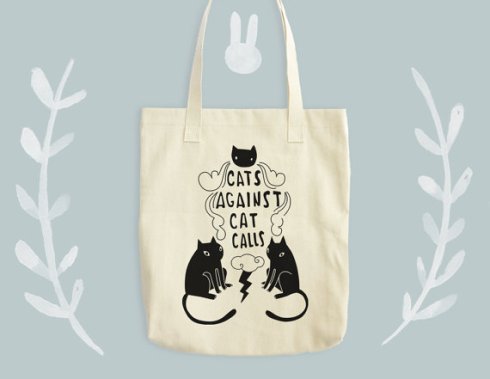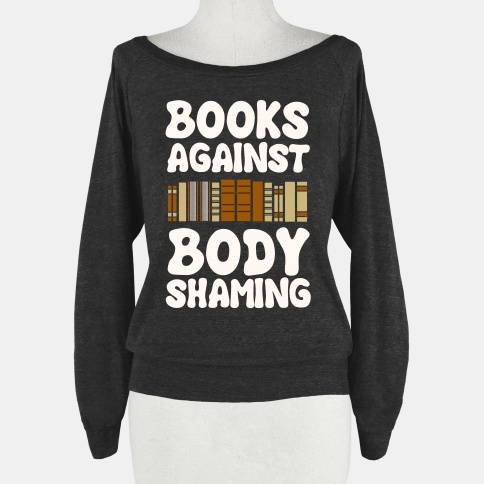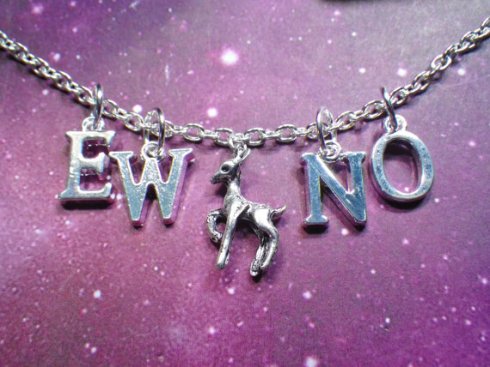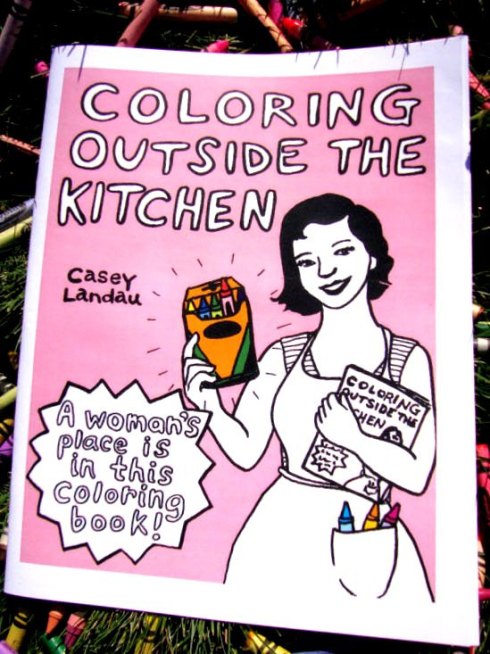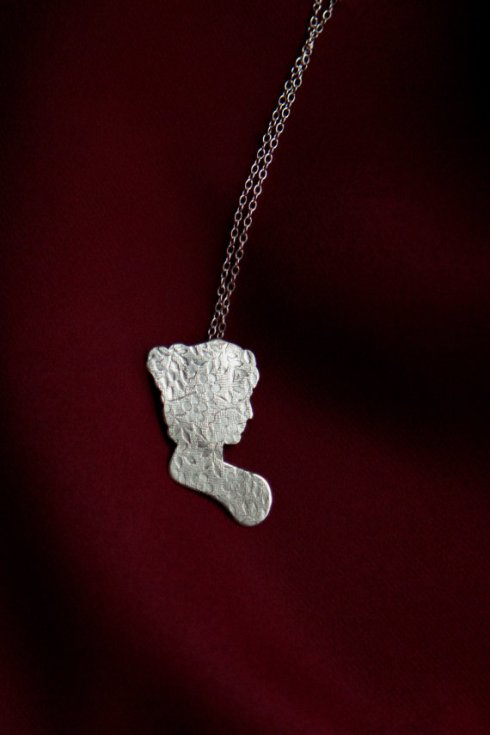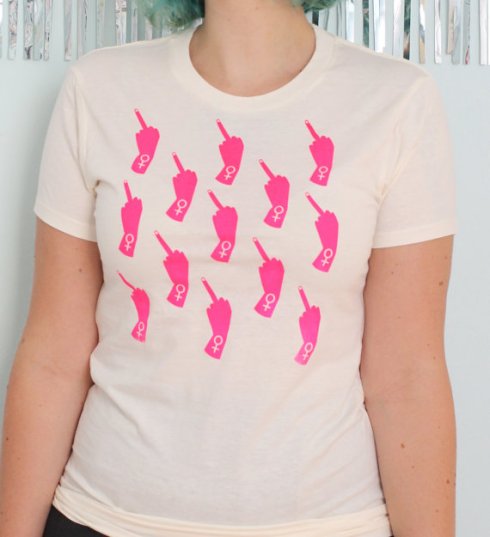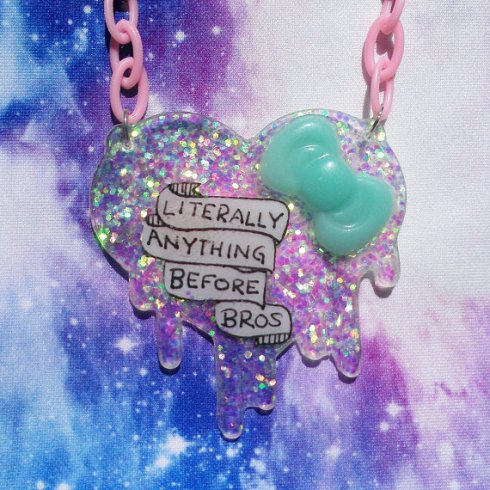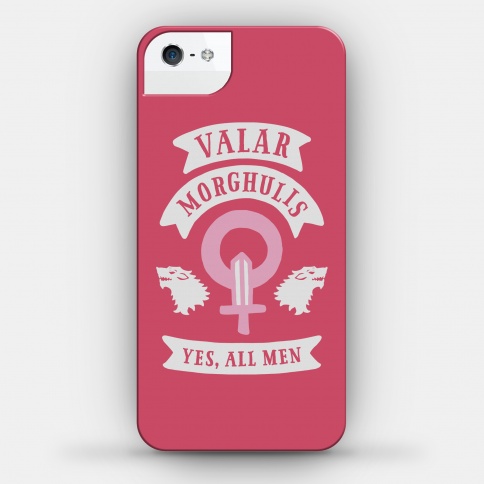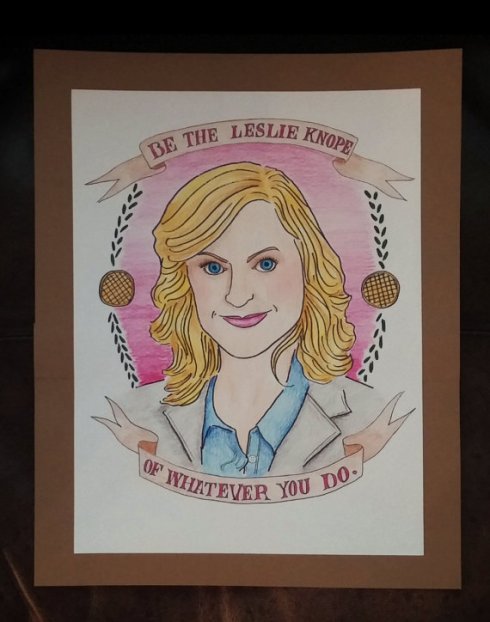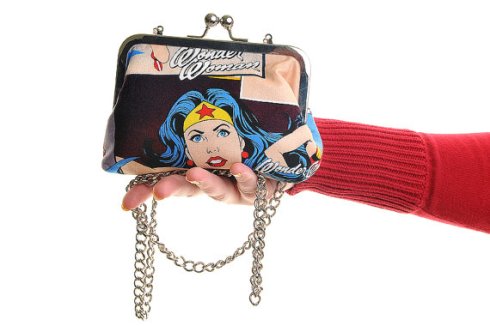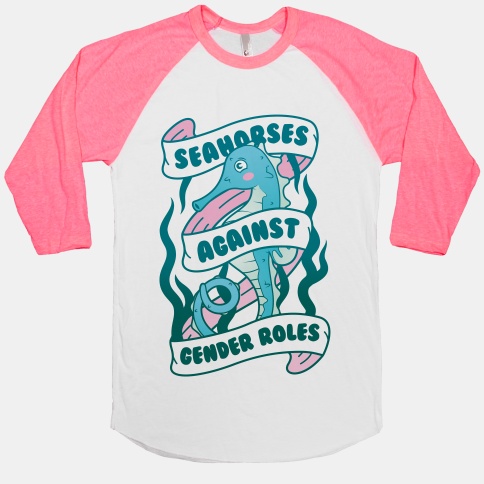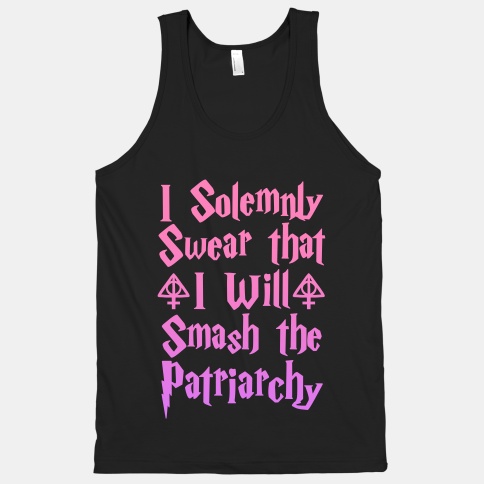Last year, Canada passed Bill C-36, a bill that governs sex work. This new law came about after Canada’s previous prostitution laws were struck down in 2013 as being unconstitutional, and the government had only one year to either leave the laws off the books or else create new ones. They chose to go with the latter option, and based their new bill on the so-called Swedish model of prostitution laws. These laws mainly criminalize the buying of sex but not the selling of it, meaning that johns would face the harshest consequences.
In theory, these laws are supposed to protect sex workers and decrease the threat of trafficking and “sexual exploitation”. In practice, they mean that sex workers are able to sell something that no one is legally allowed to buy. These laws also have the end goal of eradicating prostitution, which is not a great solution considering that there are many sex workers who love what they do and feel empowered by it. It’s hard not to feel that while Bill C-36 promises to help people, it will actually be hurting them.
Vice recently released A New Era of Canadian Sex Work, a short documentary hosted by Canadian musician Lowell. Lowell is a particularly good fit for this role, since she worked as a stripper before releasing her first album. She’s also smart, incisive, and thoughtful as she navigates what these new laws mean for sex workers. She approaches the issue from several different angles, first talking to Conservative MP Joy Smith, one of the politicians responsible for pushing through Bill C-36. She then talks to several different women involved in the sex industry, as well as Chester Brown, the author of Paying For It, subtitled a “comic strip memoir of being a john.” Finally, she travels to Nevada to see how the regulated, legal sex work compares to what we have in Canada. The documentary is short, clocking in at just under 35 minutes, but it packs a lot in and is one hundred percent worth watching.
I recently had the chance to talk Lowell, and here’s what she had to say about making the film:
Anne: So how did this happen? Did Vice approach you about making this doc, or did you approach them, or what?
Lowell: Vice approached me to host a documentary in general, and asked me to pick somethign I was interested in. I chose to do the bill because it felt like a really good opportunity to tell my story and our story.
Anne: There’s a really tense moment near the beginning where Joy Smith pretty much looks you in the face and calls you a victim. Like, when you called sex work one of the oldest professions, she immediately jumped in and said it was one of the oldest oppressions. What did it feel like to have her say that to you?
Lowell: First of all, I was like, how do you have this perfect turn of phrase ready? How long did it take her to come up with “one of the oldest oppressions”? That’s really great marketing, I wish I was that quick.
I guess I’m empathetic to the way she feels. I understand where she’s coming from. But if I were not so confident, I would feel like she was taking away everything that i’ve gained back and everything that i’ve been empowered by. Mostly, I wanted to make her understand why what she’s saying is so terrible.
Anne: What do you think motivates people like her?
Lowell: I think there are ulterior motives that have nothing to do with speaking for women. I want to believe that she believes her personal feminism is good for women, but I also think there are a lot of rich, white Christian people with power trying to step into the lives of people who don’t have those privileges. And they do all this without identifying any of the social reasons why people might do sex work. Saving people who don’t want to be saved doesn’t work. You can’t indoctrinate your own brand of morals into people who don’t want them.
Anne: How do the new laws impact people buying sex?
Lowell: When they’re caught, they have to go to “john school,” where they’re taught that sex workers are exploited victims. Really, the whole program is based around women being victims. Which is nothing new.
Anne: Yeah, there was a part where you talked to a woman who had been arrested a couple of years ago under the old laws and sent to a similar program for sex workers.
Lowell: These programs teach you sex work is wrong, that you’re a dirty person for what you do, and you must hate yourself. And not only that, but there’s no acknowledgment of sexuality or gender – they’re very one size fits all, all women have uteruses, that kind of thing. Which makes them especially awful for anyone who falls outside their ideas of what women who do sex work are like.
Anne: I really loved that one of the women you spoke to was a trans woman. Was it important for you to be inclusive?
Lowell: It’s an inclusive topic. When it comes to transgender women, women of colour, those are the people affected the most by the law. These women are often not able to work in strip clubs, which in my experience function as a safe place where people can solicit sex. But strip clubs are more likely to hire white, blond [cis] girls, meaning that people who don’t fit into these categories end up being forced to work on the street. The result is that these laws – which are especially unsafe for people working on the street – end up targeting certain races, poverty levels, genders.
Anne: Tell me a bit about the place that you visited in Nevada, and how that was different from how we treat sex work in Canada.
Lowell: They call the place I visited a “sex resort,” because you can stay there over night. Contrasting with Canada, it was so much better. It’s clearly a safer way to deal with sex work. I saw women there who had been victimized in the past but wanted to continue doing sex work – they were taught how to empower themselves and given the means to do it safely. That’s huge.
But the thing is, when you talk about legalization, it’s complex. You still have people who are running things and it’s still selective and can alienate certain groups. Decriminalization is for sure the safest way to approach sex work, but it doesn’t solve everything.
Anne: When you talked to Joy Smith, she said that only two percent of people doing sex work feel empowered about it. What do you think of that number?
Lowell: I think it must be nice to be a politician and just make up statistics to prove whatever you want.
The truth is that we don’t have those numbers. We don’t have concrete numbers about how many sex workers are abused, and part of it is that there are lots of barriers to reporting abuse.
Anne: What about numbers that reflect, like, job satisfaction among sex workers? Like, how many of them actually feel good about what they do?
Lowell: I don’t even think anyone’s ever asked. If we had that data, then we wouldn’t be able to use victim porn as a way to get people to vote for things.
Anne: How do you think we can make sure that all voices are heard in this conversation? I know that one of the biggest concerns about being pro-sex work is that it ignore the people who have been legitimately hurt by trafficking or abuse. How do we make sure those people aren’t being erased?
Lowell: I personally think to make it easier for the average person comprehend by putting an emphasis on the actual rape laws work – how police approach rape, how they approach assault, and trafficking. We need to train the police to work better with survivors.
Blending sex work and brutality together to make it seem like we’re ignoring people who are being abused, but people who are empowered aren’t taking anything from people who have been victimized. Laws like Bill C-36 make it seem like you have to choose who you want to support – the victims, or the people out in the streets who like their work. But you don’t get to choose who has human rights. Everyone has rights. It’s the government’s job to treat every person equally when it comes to safety and their rights.










